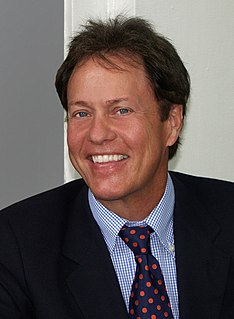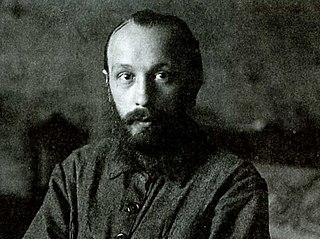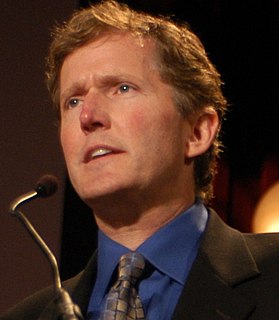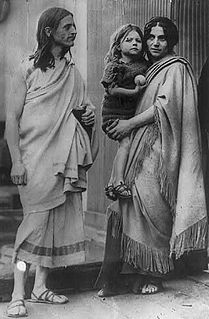A Quote by Dale Carnegie
There is only one excuse for a speaker's asking the attention of his audience: he must have either truth or entertainment for them.
Related Quotes
When I saw the sun bears at the Oakland Zoo, I immediately was drawn to them. Not to be ornery, but regarding what you said about the speaker identifying with the bear: I'm not sure it's exactly right to say that the speaker feels that the bear must share his sadness, or whatever else he is feeling. That would be classic pathetic fallacy, which is certainly generative for poetry, but here the speaker appears actually to be rejecting that idea.
Truth is dangerous. It topples palaces and kills kings. It stirs gentle men to rage and bids them take up arms. It wakes old grievances and opens forgotten wounds. It is the mother of the sleepless night and the hag-ridden day. And yet there is one thing that is more dangerous than Truth. Those who would silence Truth’s voice are more destructive by far. It is most perilous to be a speaker of Truth. Sometimes one must choose to be silent, or be silenced. But if a truth cannot be spoken, it must at least be known. Even if you dare not speak truth to others, never lie to yourself.
Look at me as an example. I don't have the best education or the best looks. Where I'm from in Nigeria is not entertainment driven, it's the northern part of Nigeria and over there they hardly pay attention to entertainment. I came out of that place to attain this level of success. I always say if I can get here with all of these imperfections then no one has the excuse to fail in life.
I don't think about the audience, I don't think about what makes them happy, because there's no way for me to know. To try to think of what makes for entertainment is a very Japanese thing. The people who think like this are old-fashioned. They think of the audience as a mass, but in fact every person in the audience is different. So entertainment for everyone doesn't exist
It becomes 'one's own' only when the speaker populates it with his own intentions, his own accent, when he appropriates the word, adapting it to his own semantic and expressive intention. Prior to this moment of appropriation, the word does not exist in a neutral and impersonal language (it is not, after all, out of a dictionary that the speaker gets his words!), but rather it exists in other people's mouths, in other people's contexts, serving other people's intentions: it is from there that one must take the word, and make it one's own
The only excuse for a novelist, aside from the entertainment and vicarious living his books give the people who read them, is as a sort of second-class historian of the age he lives in. The "reality" he missed by writing about imaginary people, he gains by being able to build a reality more nearly out of his own factual experience than a plain historian or biographer can.
Suppose that a person writes what she must. That is only the first step of becoming a writer. The work must survive the moment of creation. It must get out to an audience. She or he must dare to show the work. She must risk ridicule, misunderstanding, scandal, condemnation, & what's often worse, none of the above: silence. No attention at all.






































